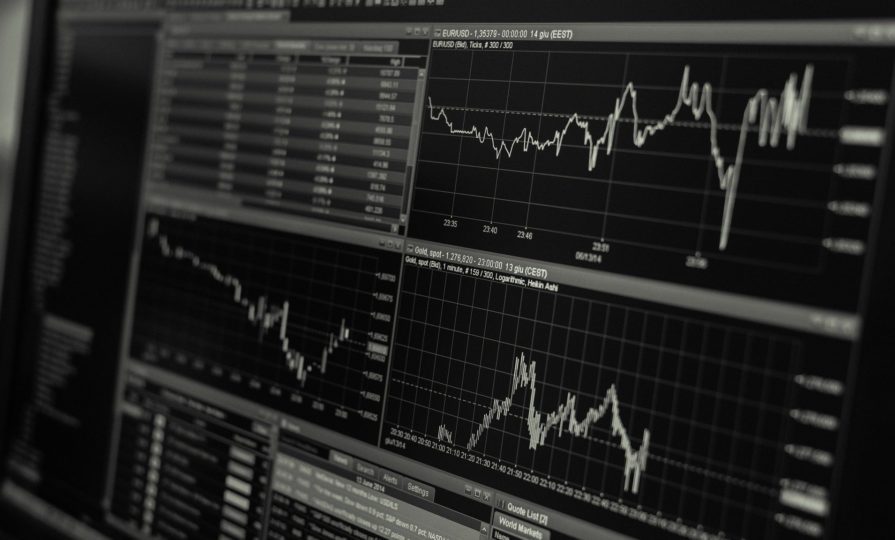AnalysisBusiness Bites
Spooked markets seem soothed by Iran-US climb-down

When Iran decided to hit back on US military facilities after president Trump ordered the assassination of Iranian general Qasem Soleimani, there was talk of the outbreak of war.
You'll need to
subscribe to unlock this content. Already subscribed? Login?






